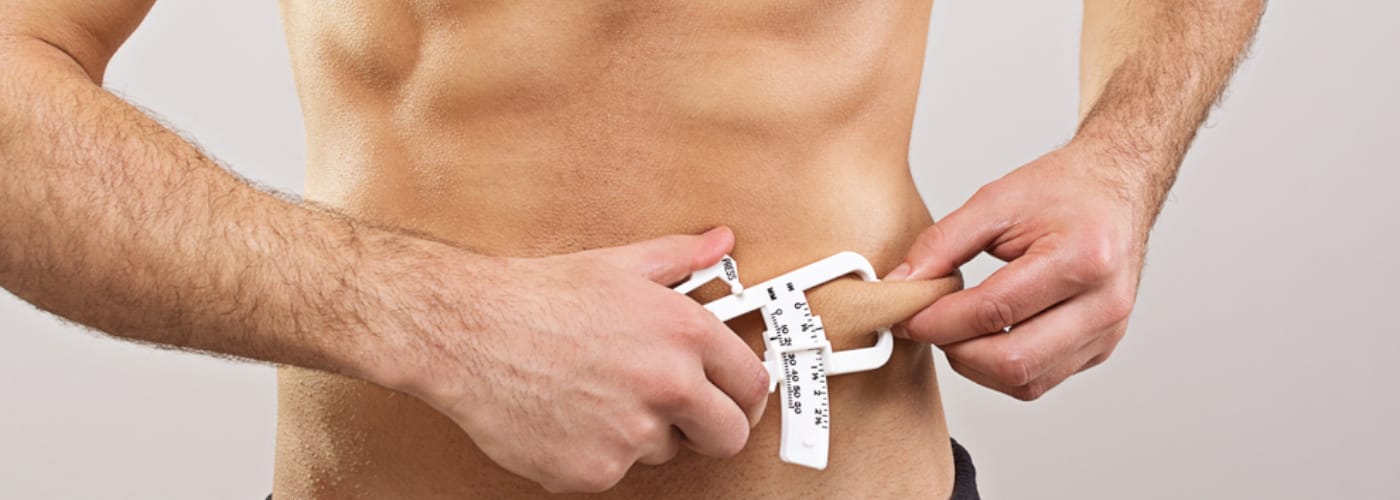In your 50s, maintaining an ideal weight can be tricky compared to your early 20s. Changes in hormones, metabolism, and lower physical activities are to blame. Apart from the aesthetics, this concern can also lead to heart disease, high blood pressure, and Type 2 diabetes. Before you take steps to lose weight, there is some information we at HiDow International want you to know about body fat that your doctor isn’t telling you about.
What You Don’t Know About Body Fat
Muscles don’t transform into fat.
Those focused on muscle building in their 20s and 30s will not see the transformation from muscles to fat. It is just not physiologically possible. In fact, according to doctors, there is no scientific process for this. So what happens instead?
The flabbier appearance that comes with aging is accounted for by sarcopenia, which is a natural loss of muscle mass. This begins around your 40s and will affect everyone as they get into their 60s. Our minimal elasticity production is to blame for this as well. That said, don’t skip your workouts because you’re afraid of appearing “fat” in the future. The decline in muscle mass is inevitable.
You cannot pinpoint fat loss.
It’s unrealistic to trim the fat down in certain areas, so if you’re one of those people who put in extra crunches to lose some belly fat, stop. The only way you can tone down fat is by reducing it overall. Try adding more cardio to your exercise routine and push yourself more than what you’re normally comfortable with. Sure, crunches, for instance, is perfect for your core, but this does not burn much body fat.
You don’t have to have the lowest body fat.
Ideal body fat depends on bone structure, genetics, exercise level, gender, and age. Generally speaking, those aged 50+ should aim for 20-25 percent for women and about 10-15 percent for men. Surprisingly, women with 32 percent or more body fat and males with about 25 percent or more are at risk for health conditions like heart disease. Still, those who have a lower body fat percentage are also putting themselves in danger as they are prone to nutrition deficiencies. Speak to your doctor about the ideal range for your body.
You can control the middle-age spread.
Many people are afraid of the middle-age spread, thinking that it’s inevitable, but you can take control of it as you change according to your metabolism. Due to hormonal changes, our metabolism can change at about 5 to 10 percent every ten years. The only way to not gain weight is by exercising more and limiting caloric intake. If you’re eating like when you were in your 20s, chances are you will be gaining weight. Remember, you’ll start muscle mass reduction around your 40s, and if you’re not making changes, you will see a huge difference in your body.
Skinny people get diabetes.
If you think diabetes is only linked to obesity, think again. Type 2 diabetes can happen to anyone regardless of their weight. Just because a person appears thin, they can still develop health conditions, especially with the type of food they’re eating. The term for this is called, “skinny fat.”

Related Stories
5 Ways to Support Bone Strength with HiDow
World Osteoporosis Day (October 20) October 20 is World Osteoporosis Day, and chances are, you’ve...
Oct
FDA-Cleared Is a Flex. Here’s Why.
Pulling Back the Curtain You’ve seen it on boxes, on websites, in ads: FDA-cleared. It...
Sep
This Is Fibro. This Is Larry.
September is Pain Awareness Month. And we’re not here to give you medical definitions or...
Sep
Train Your Relaxation Reflex
How often do you find yourself struggling to switch off after a long day? With...
Aug
Back To School Fitness: Balancing Academics & Athletics
Most student athletes don’t have a motivation problem. They show up. They train hard. They...
Aug
How to Cope with a Sports Injury
Staying active helps your body stay strong. But sometimes, activity leads to pain, strain, or...
Jul